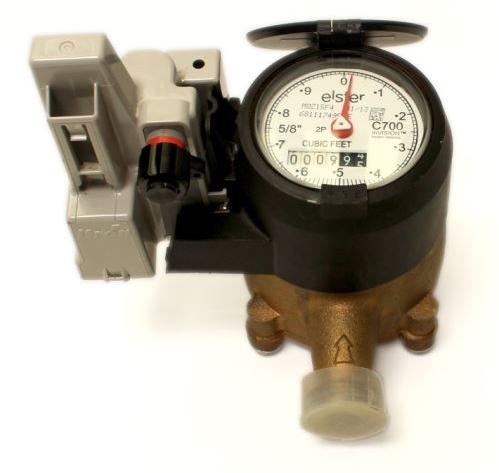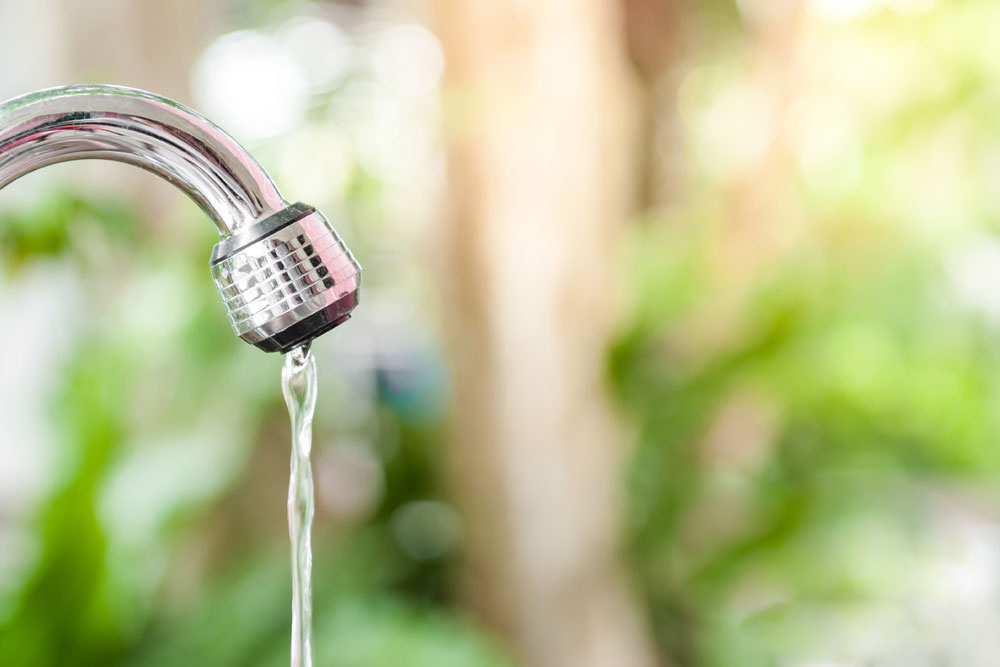Steps to Resolve Low Water Pressure in Your Home
Steps to Resolve Low Water Pressure in Your Home
Blog Article
The publisher is making several great observations about 10 Reasons for Low Water Pressure in Your House as a whole in this post below.

Low water stress in your house can be an aggravating issue, impacting every little thing from showering to cleaning dishes. If you're experiencing weak water circulation, there are a number of feasible reasons and solutions to discover. In this overview, we'll discuss typical reasons for low tide stress and functional steps to address the issue efficiently.
Introduction to Low Water Pressure
Low tide pressure happens when the flow of water from your faucets, showers, and various other components is weaker than typical. This can make daily jobs a lot more challenging and much less efficient. Recognizing the sources of low water pressure is vital to discovering the ideal option.
Typical Causes of Low Tide Pressure
Pipe Obstructions
With time, pipelines can come to be clogged with mineral deposits, debris, or debris, restricting the flow of water. This is an usual problem in older homes with galvanized steel pipelines.
Rust
Rust within pipelines can lead to leakages and reduced water pressure. Corrosion accumulation can constrict water circulation, particularly in maturing plumbing systems.
Faulty Stress Regulators
Stress regulators are responsible for maintaining consistent water pressure in your house. If they malfunction, it can result in low tide pressure or irregular circulation throughout your house.
Community Water Issues
Occasionally, the issue exists outside your home. Municipal water system concerns, such as main line leaks or maintenance job, can briefly decrease water stress in your location.
Just How to Detect Low Water Pressure
Examining Taps and Fixtures
Beginning by evaluating the water pressure at various taps and fixtures throughout your home. If the issue is isolated to certain areas, it may indicate localized issues.
Checking Pipelines
Inspect visible pipes for signs of leaks, corrosion, or obstructions. Take notice of any type of uncommon sounds, such as knocking or rattling pipelines, which could indicate problems within the plumbing system.
Consulting with a Plumber
If you're incapable to identify the cause of low water stress, think about hiring a specialist plumber to perform a complete evaluation. They can recognize underlying problems and advise suitable remedies.
Do It Yourself Solutions to Fix Low Tide Stress
Cleaning Aerators and Showerheads
Natural resources can collect in aerators and showerheads, reducing water circulation. Eliminate and clean these parts on a regular basis to enhance water pressure.
Flushing Water Heater
Sediment buildup in the hot water heater can limit circulation and decrease effectiveness. Purging the storage tank regularly assists remove debris and maintain optimal efficiency.
Inspecting Pressure Regulatory Authority
Make certain that the pressure regulator is operating properly. Changing or replacing the regulatory authority can help recover proper water stress throughout your home.
Clearing Clogs in Water Lines
For minor clogs, try making use of a plumbing snake or chemical drainpipe cleaner to clear blockages in pipes. Beware when making use of chemicals and follow security guidelines.
When to Call an Expert Plumber
If do it yourself efforts fail to settle the issue or if you believe considerable plumbing troubles, it's finest to look for support from a qualified plumber. They have the know-how and devices to deal with complicated concerns securely and efficiently.
Safety Nets to Maintain Water Pressure
Routine Upkeep
Set up regular upkeep for your plumbing system to prevent issues such as corrosion, leaks, and obstructions. Attending to small issues early can aid stay clear of even more substantial fixings in the future.
Setting Up a Stress Booster
Think about installing a stress booster pump to enhance water stress in locations with regularly reduced circulation. This can be particularly helpful for multi-story homes or buildings with high-demand components.
Surveillance Water Usage
Bear in mind water usage routines and avoid overtaxing the plumbing system. Easy modifications, such as staggering showers and laundry tons, can assist keep adequate water pressure.
Conclusion
Taking care of low water pressure can be discouraging, yet recognizing the underlying reasons and applying ideal remedies can recover optimum flow throughout your home. Whether it's cleaning aerators, examining pipes, or speaking with a plumber, taking proactive actions can make certain a stable supply of water for your daily demands.
How to Fix Low Water Pressure In Your Home
Municipal Water Supply Issues
Scheduled maintenance, high demand, and water main breaks are all potential causes for low water pressure within a city or county’s water lines. While there’s not much you can do to personally fix a problem with your city or county’s water supply system, you can play a big role in documenting the issue and alerting those who can.
How to fix it:
Ask your neighbors if they are experiencing any issues with low water pressure. If multiple homes are affected, it’s likely related to the city’s water line.
Contact the local Water Authority to see if there is any maintenance taking place that might be affecting your supply. Also let them know of your specific issues. If other homeowners report the same issues, they’ll know that there could be a larger issue to look into.
Faulty Fixtures
A damaged or clogged shower head, faucet or appliance is the first thing we’d suggest checking, especially if low water pressure appears to be isolated to a specific area of your home.
How to fix it:
First, turn off the main water supply to your home.
Check the affected appliances for build-up or debris. In the case of a faucet, you can simply unscrew the aerator at the tip of the faucet. Showerheads should be fully detached from the water pipe.
While the appliances are detached, you may want to check the water supply to determine if the fixtures were in fact the issue.
To clean, soak the showerhead or aerator in vinegar and brush off any visible debris.
Reattach the fixtures and check the water pressure again. If it is still low, there is likely a deeper issue at hand, which can be determined by a professional plumber.
Pipe Obstructions
Mineral deposits, rust or other debris within water pipes can lead to blockages or corrosion over time.
How to fix it:
When you think of a clog, you probably think of a drain clog. While there are many DIY solutions to clearing a drain, clogs in a water pipe will almost always require the help of a professional plumber. A plumber will be able to locate the affected pipe and clean out any debris or mineral deposit buildup. In severe cases, the pipe may need to be replaced. Your plumber might also recommend a water softening system to remove the minerals from your home’s water supply that can contribute to pipe blockages over time.
Plumbing Leak
Undetected water line leaks can divert water away from your residential pipes, reducing the water pressure in your fixtures.
How to fix it:
Check your water meter by turning off all water sources and monitoring the meter for any movement, which could be a clear indicator of a potential leak.
Check all visible pipes for signs of leaking, including water stains, active dripping or damp spots around the pipe.
Inspect fixtures, including faucets and showerheads, for any drips.
Test the pressure but recording the pressure with the main water valve shut off. Leave off for a few hours and test again. A significant drop in pressure is a clear sign of a leak.
https://kiddcoplumbing.com/plumbing-blog/how-to-fix-low-water-pressure/

How to Fix Low Water Pressure In Your Home
Municipal Water Supply Issues
Scheduled maintenance, high demand, and water main breaks are all potential causes for low water pressure within a city or county’s water lines. While there’s not much you can do to personally fix a problem with your city or county’s water supply system, you can play a big role in documenting the issue and alerting those who can.
How to fix it:
Faulty Fixtures
A damaged or clogged shower head, faucet or appliance is the first thing we’d suggest checking, especially if low water pressure appears to be isolated to a specific area of your home.
How to fix it:
Pipe Obstructions
Mineral deposits, rust or other debris within water pipes can lead to blockages or corrosion over time.
How to fix it:
When you think of a clog, you probably think of a drain clog. While there are many DIY solutions to clearing a drain, clogs in a water pipe will almost always require the help of a professional plumber. A plumber will be able to locate the affected pipe and clean out any debris or mineral deposit buildup. In severe cases, the pipe may need to be replaced. Your plumber might also recommend a water softening system to remove the minerals from your home’s water supply that can contribute to pipe blockages over time.
Plumbing Leak
Undetected water line leaks can divert water away from your residential pipes, reducing the water pressure in your fixtures.
How to fix it:
https://kiddcoplumbing.com/plumbing-blog/how-to-fix-low-water-pressure/
I'm very involved in Low Water Pressure in the House? and I am hoping you appreciated the new blog entry. Do you know about somebody who is fascinated about ? Take a moment to share it. Thank you for your time. Come back soon.
Website Report this page